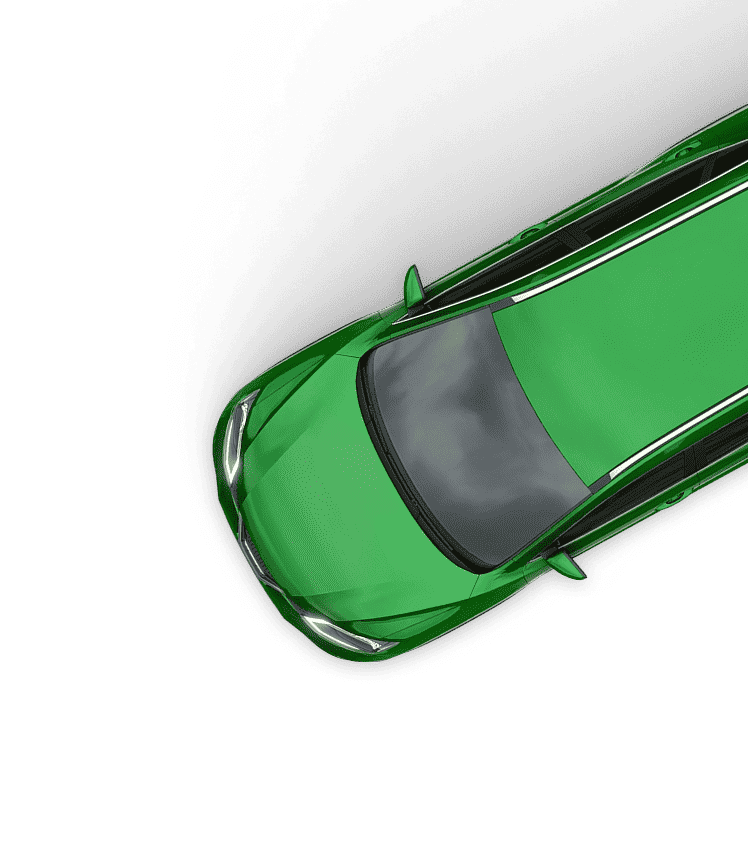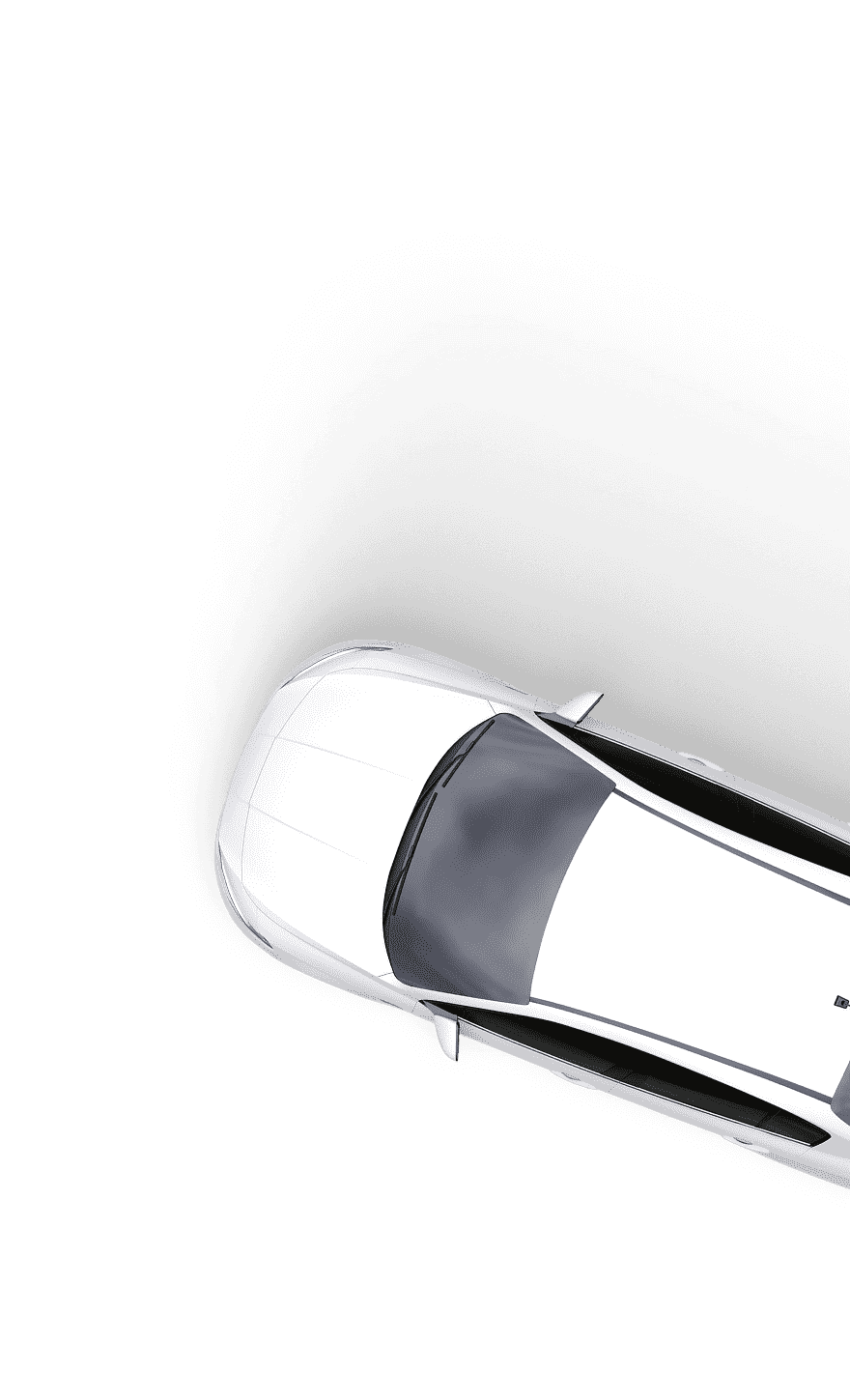What is an ELV (End of Life Vehicle)?
An end-of-life vehicle (ELV) is a car that has reached the point where it’s no longer safe, economical, or realistic to keep on the road. In practice, most ELVs are older vehicles that have failed major repairs, been written off by insurers, or simply reached the end of their usable lifespan.
In the UK, ELVs are handled under regulations based on the European End-of-Life Vehicles Directive. Its goal is simple: reduce the environmental impact of scrapped cars by pushing manufacturers and recyclers to recover and reuse as much material as possible. Under this framework, ELVs must go through an Authorised Treatment Facility (ATF), where they are depolluted, dismantled and recycled according to strict standards.
You’ll see the term used anytime a vehicle is being taken off the road permanently, scrapped for its raw materials or processed for responsible recycling.
What makes a car an ELV?
There is no legally set end of life vehicle definition; the decision to consider a vehicle as having come to its end of life is generally made by the person who owns it. In many cases, this will be an individual deciding that it no longer makes sense to run the car – either as a result of wear and wear, or accident related damage.
In other cases, a company will decide whether a vehicle should be considered an ELV. This most commonly occurs when an insurance company has ‘paid out’ – and therefore taken legal ownership of an accident damaged car.
Different types of ELVs
Not all ELVs are considered the same. In fact, there are 2 main categories of ELV:
- Natural ELVs: These are vehicles that have come to the end of their life, either because of age-related technical failures – or because they are no longer economical to repair.
- Premature ELVs: These are younger vehicles that would not be expected to fail technically – but have been written-off as a result of an accident or damage.
Don’t panic if you have a vintage or classic vehicle though! While some definitions might deem an older car (or one that requires restoration) not to be economically viable – they are not covered by end-of-life vehicle regulations.
End-of-life vehicle disposal
Every year, millions of tons of waste are generated when cars are scrapped – and it’s important this waste is managed correctly. When it is decided that a car will become an ELV, it must be handled, dismantled and disposed of in a way that is as environmentally friendly as possible.
In the UK, end-of-life vehicles can only be dismantled by Authorised Treatment Facilities (ATFs). When a car is collected by or delivered to an ATF, it is considered hazardous waste and is handled in line with end-of-life vehicle regulations – created in 2003, but updated in 2015 to this current version.
When the ATF that is handling your car confirms with the DVLA that it has been processed following these regulations, a Certificate of Destruction (COD) is generated, and the vehicle is deregistered.
Car.co.uk and ELVs
At Car.co.uk, we make the ELV process hands-off from start to finish. When your vehicle reaches the end of its life, we connect you with our nationwide network of fully licensed Authorised Treatment Facilities.
When you scrap your car, you get an instant, guaranteed price, free collection and on-the-spot payment straight to your bank account. The ATF takes care of the depollution, dismantling and recycling, then issues a Certificate of Destruction to confirm the vehicle has been taken off the road for good. We handle the de-registration paperwork on your behalf.
Our partner network reuses and recycles at least 95% of every car in full compliance with UK law, so you know it’s going to be handled safely, legally and with maximum recycling in mind.






